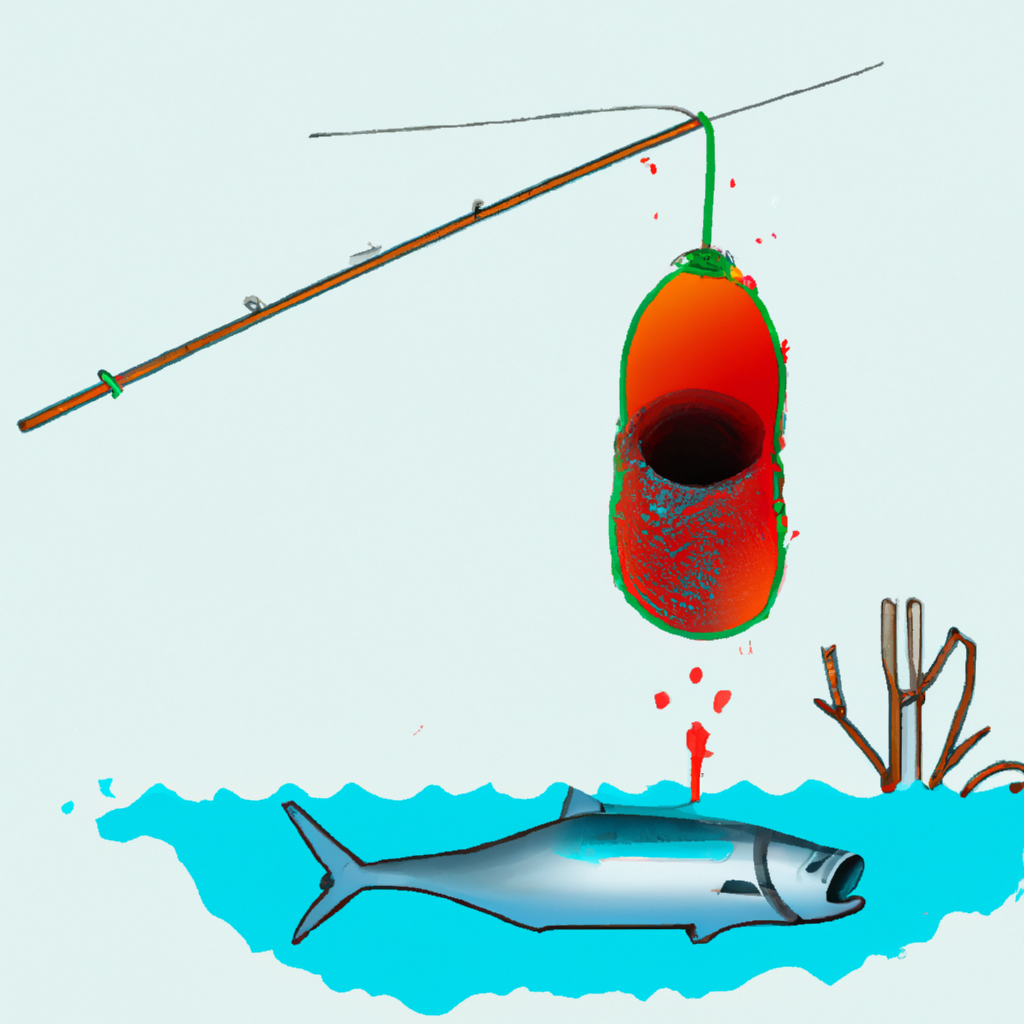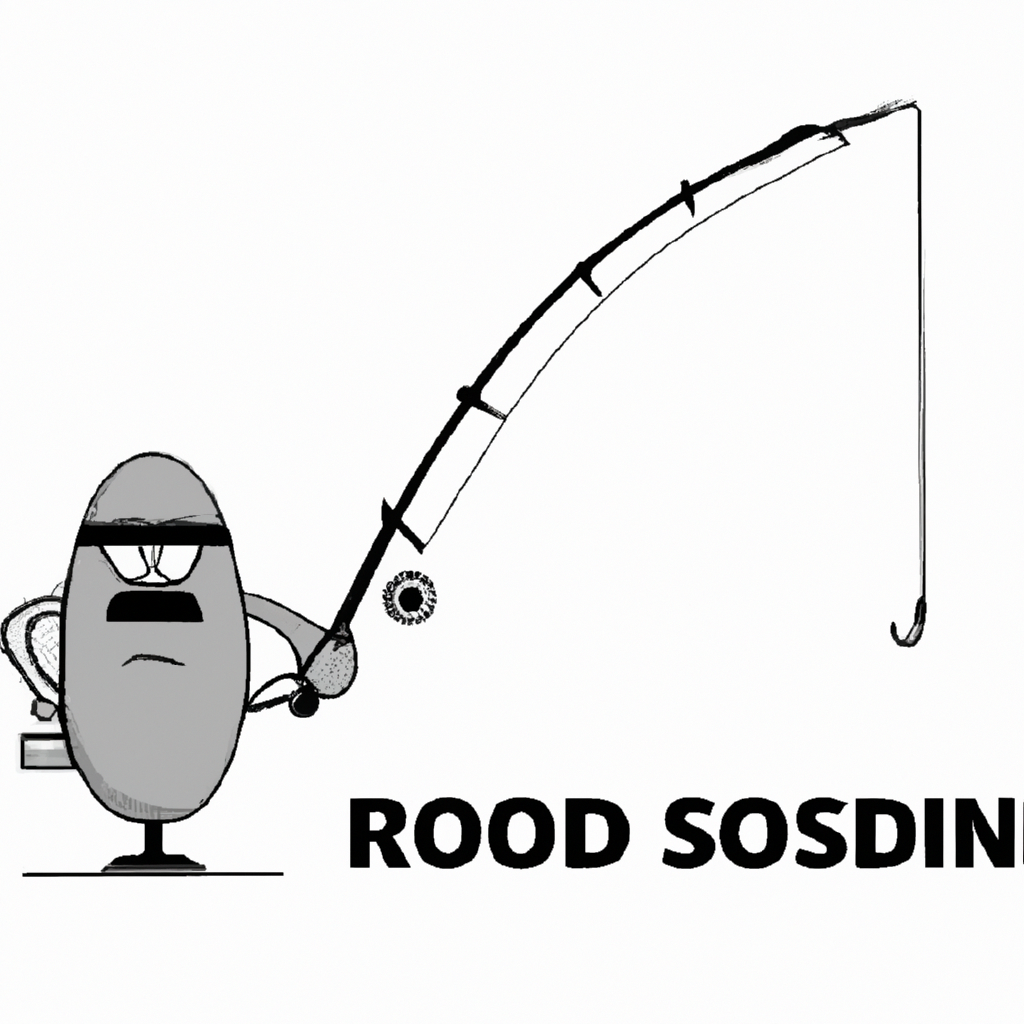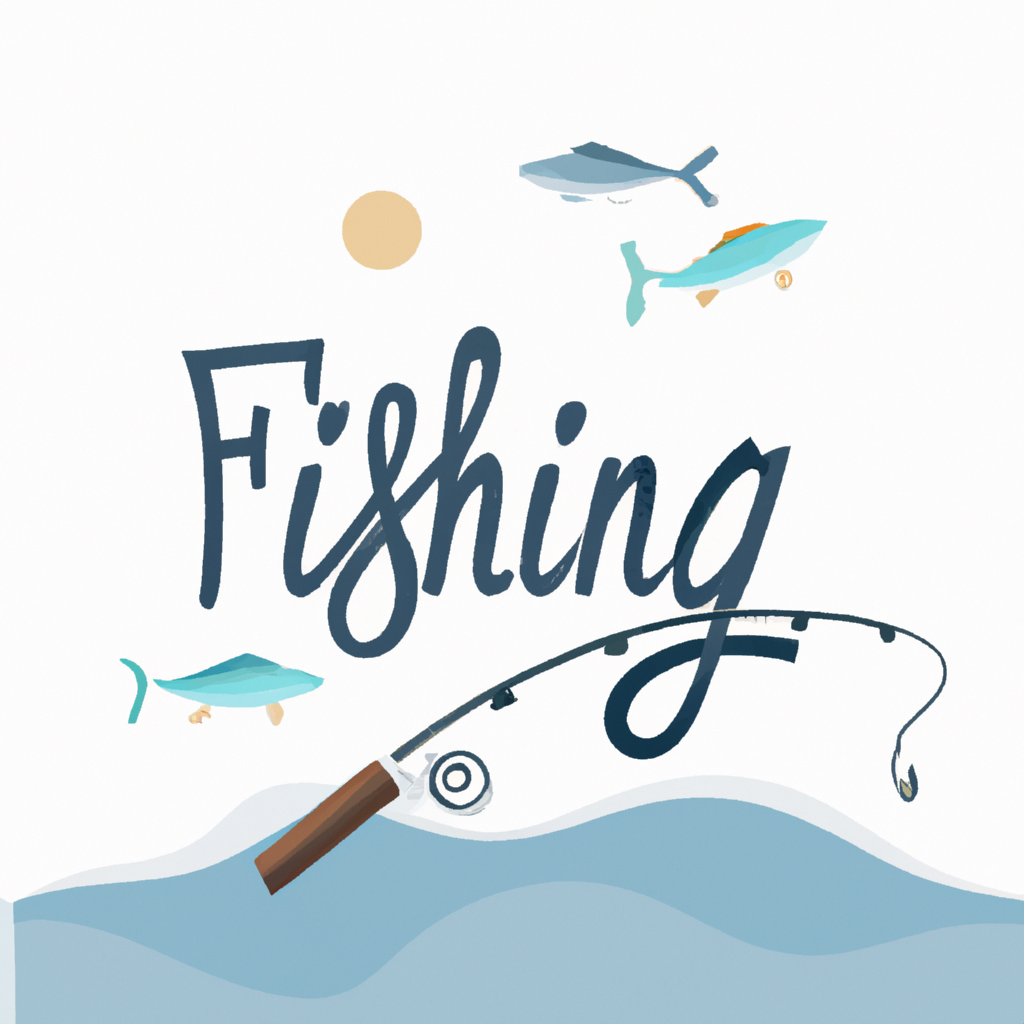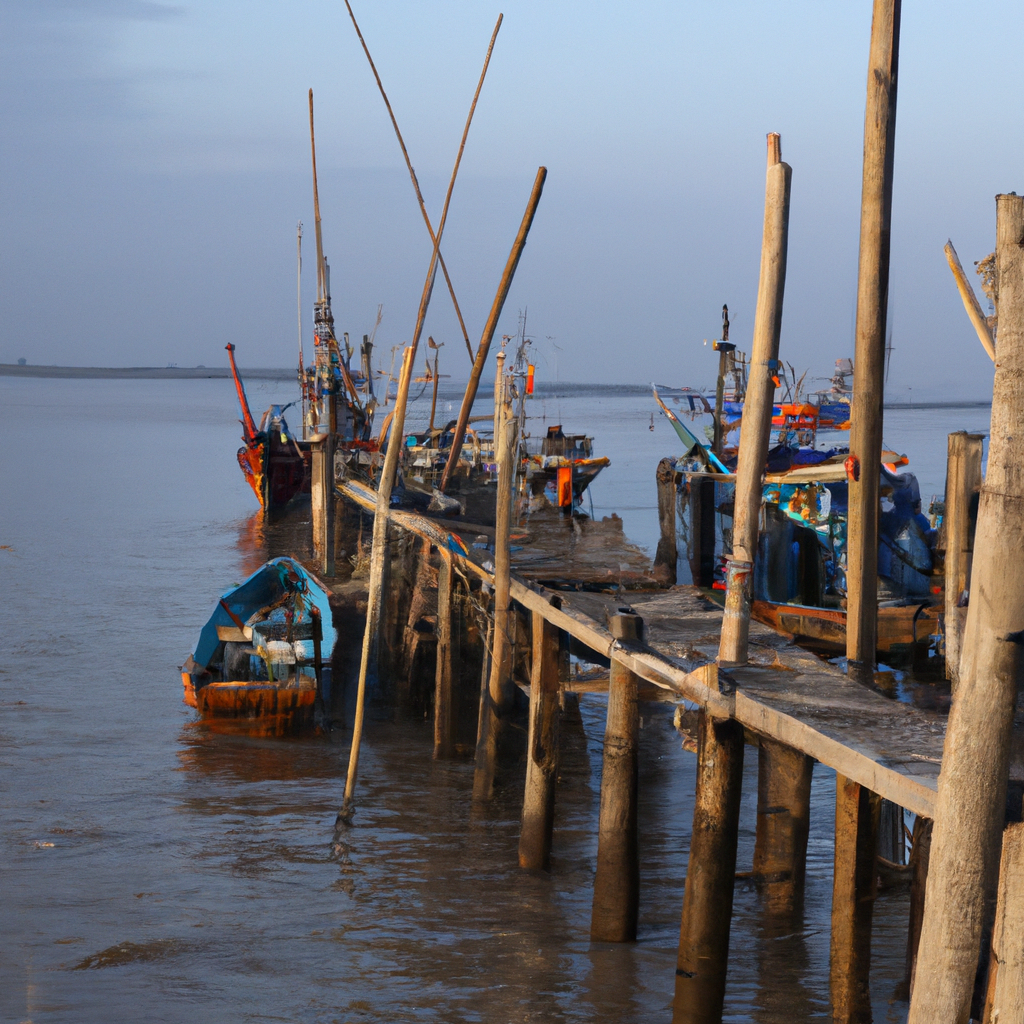Dynamite fishing is also known as blasting fishing. It is a destructive method of fishing that uses explosives to kill marine creatures and fish. In developing countries, this method is used by fisherman to increase their catch within a short time. Dynamite fishing, which is illegal and highly destructive to the ecosystem, needs to be curbed.
How Dynamite Fishing works
This practice involves the use explosives to stun and kill coral reefs, fish, and other marine animals. The explosives, which are usually made of a mixture between kerosene and fertilizer, create a powerful shockwave, which kills all the animals and fish in the area. The explosion destroys marine life and habitat, leaving a lifeless and barren area on the seabed.
The sound can be heard for several kilometers. The shockwave can cover a radius up to 100 meters. The blast is a disaster for the marine ecosystem as it kills both the fish and other marine creatures.
Dynamite Fishing: The Impact
The impact of dynamite-fishing is wide-reaching. It destroys corals reefs that are home to diverse marine species, causing irreversible damage. Coral reefs are important not only for biodiversity, but also for economic benefits and protection of coastal communities. The damage caused by dynamite-fishing can be felt for many generations, and it can take years or even decades to recover.
Overfishing is a major problem in many parts around the world. Dynamite fishing, however, exacerbates the problem by destroying marine ecosystems and reducing the fish population. This could result in a loss of income and even hunger for local fishing communities.
The Legal Status of Dynamite Fishing
Due to its destructive nature, dynamite fishing is illegal for most countries. Despite this, dynamite fishing is still prevalent in some areas. This is especially true in developing countries, where law enforcement can be weak. The penalties for dynamite-fishing can vary, but are rarely severe enough to deter people from engaging in the practice.
The international community has recognized that dynamite-fishing is dangerous and has taken measures to curtail the practice. Several international agreements prohibit the use of explosives in the fishing industry, including the United Nations Convention on the Law of the Sea and the Convention on International Trade in Endangered Species of Wild Fauna and Flora.
Alternative Fishing Techniques are Needed
To combat overfishing and the destruction marine ecosystems, it is vital to promote sustainable fishing methods. Alternative fishing methods, such as handline fishing, pole and line fishing, and trapping, can be used to provide food and support livelihoods without compromising the environmental.
Governments and non-governmental organisations must work together to promote sustainable fishing methods and raise awareness about the dangers of dynamite. This could include initiatives like providing alternative equipment to fishers and training them in alternative fishing techniques.
The Bottom Line
Dynamite fishing can have devastating consequences. It is illegal, and it threatens the environment, livelihoods and food security. To protect the marine eco-system and promote sustainable fishing, alternative fishing methods should also be promoted. Governments and nongovernmental organizations must work in concert to curb this practice and secure the future of our oceans.




